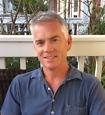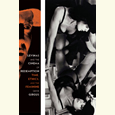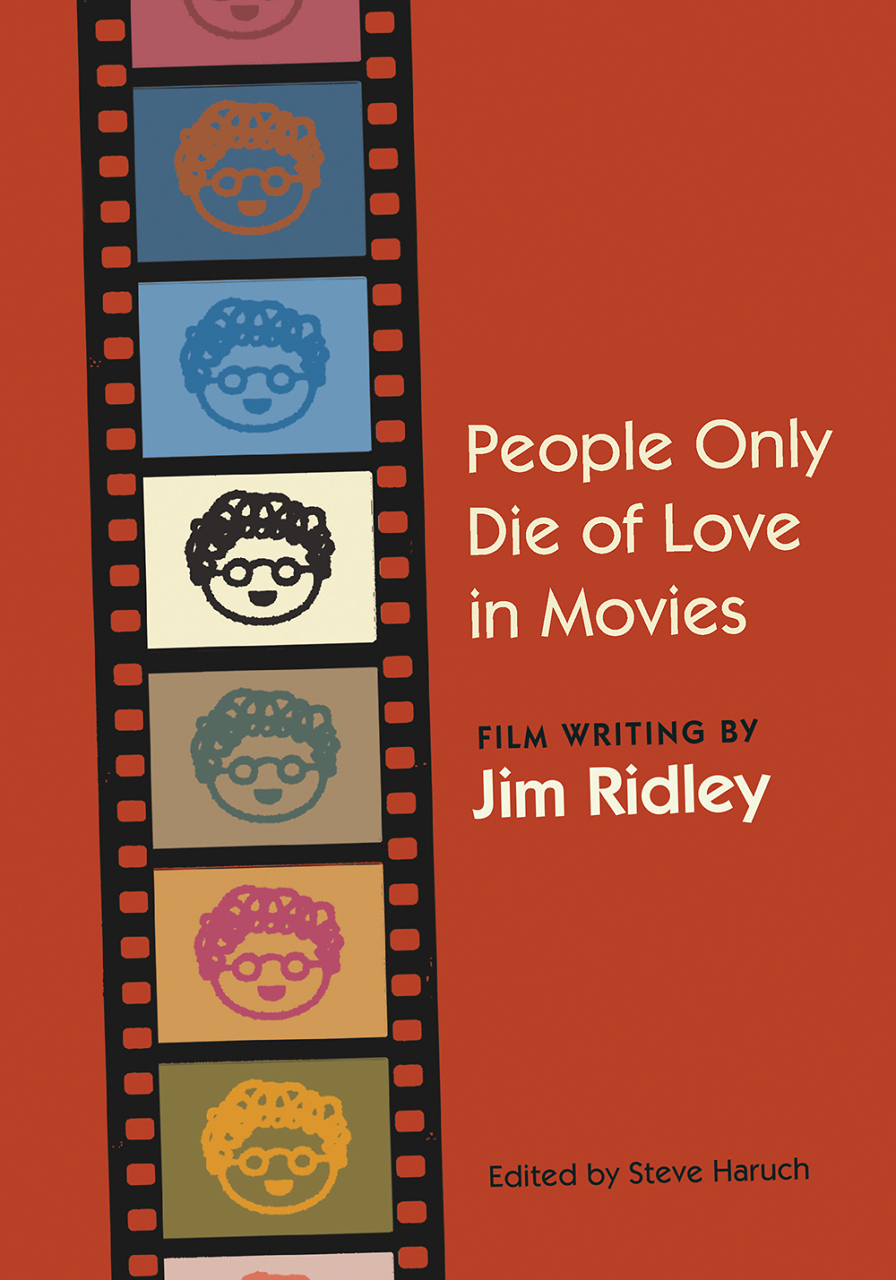The Ways We Were
Ruben Reyes Jr.’s novel Archive of Unknown Universes explores alternative versions of El Salvador’s bloody history
The possibility of alternate universes poses the ultimate version of the question about the glass being half-full or half-empty. The optimist eagerly explores parallel lives where, with slight changes to history, happiness and prosperity abound; the pessimist knows without looking that everything could be much worse. In Ruben Reyes Jr.’s new novel, Archive of Unknown Universes, a computer device, the Defractor, offers users the ability to peer into multiple versions of history, but what they see are merely funhouse distortions of the world they already know.

The novel begins in 2018 when Harvard student Ana Flores travels to Havana on a grant to research the Salvadoran diaspora around 1980, when the country exploded into civil war. Accompanying Ana is her boyfriend, Luis Guzmán, another Harvard student of Salvadoran lineage, who has his own reasons for the trip. His great-uncle, Neto, a revolutionary dedicated to fighting authoritarianism, met communist rebels in Havana before being disappeared by the El Salvador government. With the help of the Defractor, Ana and Luis examine overlapping timelines and begin to make sense of the past. Unfortunately, they are less successful in figuring out why their relationship is falling apart.
Reyes exercises admirable restraint in his use of the Defractor, the type of sci-fi gizmo that recurs throughout his story collection There Is a Rio Grande in Heaven (2024). In both books the technological conceits entertain without distracting us from Reyes’ thematic concerns of immigration and trauma. The Defractor’s access to parallel universes suggests that the barriers separating them are no stronger than the “flimsy borders” between countries. Then again, the device may be an illusion generator whose “speculation” is, according to one character, “no more real than a restless night’s dream.”
The alt-worlds premise works on two levels. In one world, Ana uses the device to gain perspective on her future with Luis. Then, the narrative begins to jump around, as if we are reading the Defractor’s output. We move back to Neto’s dangerous affair with fellow revolutionary Rafael and onward to different versions of their lives, including a timeline in which the revolution succeeds in overthrowing the government. In that 2018, Ana is dating a man named Domingo; together they travel to San Salvador to visit Domingo’s cousin Luis. It is a testament to Reyes’ skill as a craftsman that the competing narratives are never confusing, but rather serve to illuminate the characters’ inner conflicts.
 All of the storylines return to the question of liberation. When families escape El Salvador and manage to start over in the U.S., they find that they are trapped by their pasts. Poignantly, Neto learns that the revolution’s goals of “a political voice” for the people and “less repression” do not extend to homosexuals. After risking his life for the cause, Neto finds himself rejected by the people he’s saved, including his own sister. In cheerier moods, Neto accepts that he fought for “imperfect progress”; when his thoughts turn morose, though, he questions whether their “blood sacrifices” were worth it if they result in a future where he is not welcome.
All of the storylines return to the question of liberation. When families escape El Salvador and manage to start over in the U.S., they find that they are trapped by their pasts. Poignantly, Neto learns that the revolution’s goals of “a political voice” for the people and “less repression” do not extend to homosexuals. After risking his life for the cause, Neto finds himself rejected by the people he’s saved, including his own sister. In cheerier moods, Neto accepts that he fought for “imperfect progress”; when his thoughts turn morose, though, he questions whether their “blood sacrifices” were worth it if they result in a future where he is not welcome.
One senses the presence of Borges in Reyes’ work, filled as it is with gardens of forking paths. In one world Neto is the father of Domingo, a decision that, Neto thought, precluded his trying to “build something” with Rafael: “Domingo was the right choice, my only choice,” he tells Rafael. “But I wonder if a life where you and he coexisted was really an impossibility.” Where Reyes departs from the Borgesian model is in his characters’ grounding in lived reality rather than the realm of infinite possibilities. When Ana muses about other universes where she and Luis “go back to Cambridge, and stay in love, and get married,” Luis isn’t interested: “This universe is the only one that matters. Everything else is theoretical.”
Archive of Unknown Universes becomes an exploration of the ways that love can fail, from the sudden disappearance of the beloved to the slow diminution of desire. In Reyes’ worlds, heterosexuality has no more monopoly on love than it has on romantic disappointment. Though young, Ana has already seen the waning of love in multiple dimensions. Still, she’s determined to “have it all,” a feeling that derives from her college environment: “If Harvard had taught her anything, it was to desire more and more and more, shamelessly.”
Beneath these branching tales of love and loss, the reality of El Salvador’s bloody history remains cautionary. Luis’ mother, Elena, feels the “horror” of the war sitting “deep inside her,” but “she cannot speak of what she’s gone through.” Luis begs his grandmother to tell him about Neto, “Tell me about Cuba, about El Salvador, about all the places in between.” But some stories, he learns, are better left untold.

Sean Kinch grew up in Austin and attended Stanford. He earned a Ph.D. from the University of Texas. He now teaches English at Montgomery Bell Academy in Nashville.


